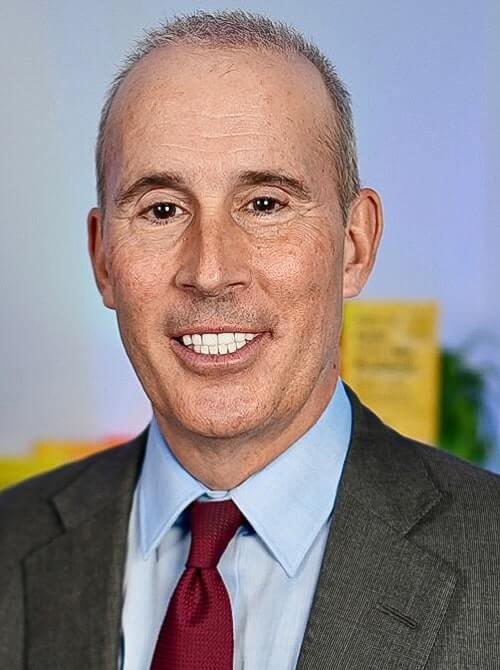Leadership and Management Skills - Speaking Skills for Leaders
Speaking Skills for Leaders
Skills you’ll gain
Whether motivating coworkers, voters, or teammates, great leaders share many common traits. Most importantly, they speak with confidence and have a keen ability to break down complex ideas into simple statements. But this isn’t a skill you’re born with. In fact, great leaders work hard to refine their speaking abilities.
In this course, we'll give you a clear formula to improve your speaking skills so you’ll be able to:
- Communicate clear and convincing messages, from daily talks to large-scale speeches.
- Capture the attention of others through genuine connection.
- Gain confidence in your delivery of important points, no matter how challenging the subject matter.
Respected leaders know how to motivate their teams through speeches, presentations, and other meaningful talks, and you can too!
This bite-sized course will help all learners use speech to connect with colleagues in a powerful way.
Syllabus
Download syllabus-
1
Don't Be Concise, Be Memorable If you want people to take action, you need to ensure your audience remembers what you say. 5m
-
2
Elements of Effective Storytelling Stories are far more memorable than charts and bullet points. 6m
-
3
Share Real Stories to Create Lasting Memories Don't make up stories - use real experiences to connect with your audience. 3m
-
1
The Most Effective Way to Use PowerPoint Avoid tons of text - PowerPoint presentations should support your talk with memorable, focused slides. 6m
-
2
Capture Your Audience's Attention with Visuals Powerful visuals - whether you use slides or real-life props - can help you communicate your message. 5m
-
3
Improve Your Technique by Practicing on Video Record yourself on video and review the results to gain massive improvement in your speaking technique. 5m
-
4
Refine Your Talk, Not Your Text Don't devote all your time to tweaking text or slides. Use your time to practice and evaluate yourself before a big talk. 5m
-
5
How to Gain Confidence and Eliminate Nerves Practicing and evaluating your speeches will give you confidence and provide you with a framework to improve your skills well into the future. 3m
Certificate
Certificate of Completion
Awarded upon successful completion of the course.

Instructor
TJ Walker
TJ Walker has been conducting media training workshops and seminars since 1984. Walker has trained Presidents of countries, Prime Ministers, Nobel Peace Prize winners, Super Bowl winners, U.S. Senators, Miss Universes and Members of Parliament.
His book, "Secret to Foolproof Presentations" was a USA Today #1 Bestseller, as well as a Wall Street Journal and Business Week Bestseller. Walker is a also a regular contributor to Forbes and the Reuters Insider Network and has written for the Huffington Post.

TJ Walker
Public Speaking Trainer and Author
Accreditations
Link to awardsHow GoSkills helped Chris
I got the promotion largely because of the skills I could develop, thanks to the GoSkills courses I took. I set aside at least 30 minutes daily to invest in myself and my professional growth. Seeing how much this has helped me become a more efficient employee is a big motivation.


